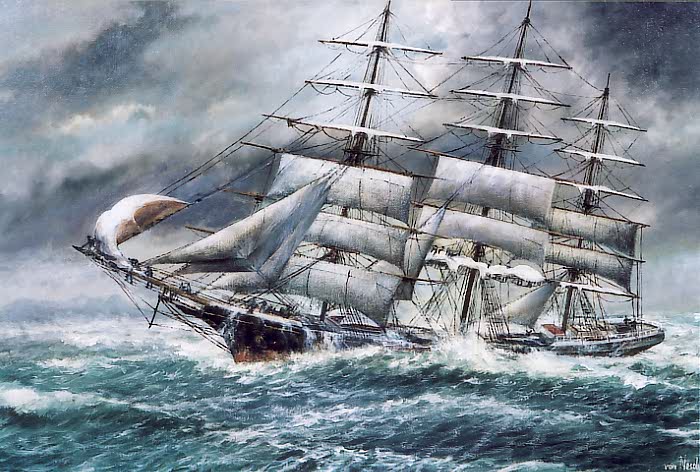Imagine you design and build a house, and live in it for 20 years. You hope to leave it as an asset to your children. Then the government says you don’t own it anymore and invites other people to move in.
Imagine you’ve built a successful business designing innovative products your customers love but, after 20 years, a government agency decides anyone can take your products for free. They can even sell them if they want and give you nothing for all the time and money you invested.
Incredibly, that’s the serious proposal of the Australian Productivity Commission which is conducting a review of Australia’s copyright and intellectual property law.
 As the law currently stands, copyright on creative works such as books, music, movies and the creative arts lasts 70 years after the death of the creator. It allows a person to benefit from their work in their lifetime and leave an asset to benefit their children and heirs.
As the law currently stands, copyright on creative works such as books, music, movies and the creative arts lasts 70 years after the death of the creator. It allows a person to benefit from their work in their lifetime and leave an asset to benefit their children and heirs.
According to the draft Productivity Commission report issued on 29 April, an author’s, musician’s, filmmaker’s or artist’s right to their own work should last only 20 years from the date of creation then pass into the public domain.
The Commission might say patents already have a limited lifespan of 20 years. So why is it an issue when applied to books or films?
The answer is simple.
Anyone wishing to take advantage of an extinguished industrial patent faces tooling up costs of hundreds of thousands if not millions of dollars. They also need to spend an equal amount of money in operating costs and marketing to distinguish their product in the marketplace.
In the case of creative works in the internet age, there is no tooling up and few operating costs. All it takes is a single digital copy which is inexpensively obtained.
That means countless people taking your work for nothing or trading on the value of your name and investment – and you do not receive one red cent.
I am an author. My first novel, Moonstone Obsession, was published in 2013.
To an author, the value of their current work is predicated on the exclusivity of their ‘back catalogue’ – their pre-existing works.
Since the release of my second and third novels, I have sold more copies of Moonstone Obsession than I did in that book’s first year.
Each of my stories cost me many hundreds of hours toil and are assets as tangible as bricks and mortar houses.
Each novel’s on-going earning capacity is essential to support me financially for the rest of my life. They are also a legacy to my heirs.
Here is how ridiculous the Productivity Commission’s proposal is:
Under their changes, The Rolling Stones would only hold copyright in this country on two studio albums – everything prior to Bridges to Babylon (1997) would be in the public domain. I can imagine what Mick Jagger would have to say about that.
Next year, JK Rowling’s Harry Potter and the Philosopher’s Stone (1997) would fall to the public domain for anyone in Australia to republish, reprint and make money from.Can you imagine any self-respecting artist allowing their work to be published in this country if they could not hold the rights to it for at least their lifetime?
The APC’s proposal truly beggars belief.
The Productivity Commission’s excuse is that $8.8 billion dollars annually is paid to overseas copyright holders.
Big deal. No, seriously, I mean it. Who cares?
Each and every day Australians spend their hard earned money on arts and entertainment they enjoy and the artists who create that entertainment are quite rightly paid for it.
While it can be argued that arts grant seekers do owe a debt to the taxpayers who fund their grants, the vast majority of commercial fiction authors and musicians self-fund their creative endeavours. I know I do.
And in the genre I write in – romantic fiction – few authors ask for grants and even fewer receive them.
Beyond taxes, such authors, composers, filmmakers and artists owe a debt only to fans who voluntarily purchase their books and music.
Australia’s Productivity Commission needs to hear in no uncertain terms that its proposal will do untold harm to the creative industries in this country. Any Australian politician who supports such proposals should, frankly, be hounded from office.
The government has no right to steal a citizen’s asset and give it to someone else.
That is theft.
What a sad turn of events that in little more than 100 years, Australia has gone from a country built on free and fair trade principles to becoming a regime where (intellectual) property is theft.


